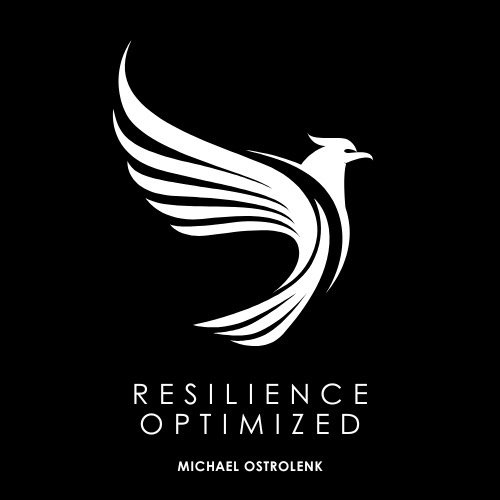
Navigating the Transition from Military to Civilian Life
Transitioning from military to civilian life is a significant shift that many veterans face after years of structured service. While the journey can be rewarding, it often comes with unique challenges that require preparation, resilience, and adaptability. This article explores key aspects of this transition and offers practical tips for a smoother adjustment.
One of the most immediate hurdles veterans encounter is redefining their identity. Military life fosters a strong sense of purpose, camaraderie, and discipline, often absent in civilian settings. Leaving behind ranks and roles can feel disorienting. To address this, veterans should reflect on the values and skills they developed during service—leadership, teamwork, and problem-solving, which are highly transferable to civilian careers. Journaling or speaking with a mentor can help clarify this new identity.
Finding employment is another critical step. Military skills don’t always align neatly with civilian job descriptions, which can make translating experience tricky. Veterans should focus on crafting resumes that highlight transferable skills, such as project management or crisis response, rather than military jargon. Platforms like LinkedIn or veteran-specific job boards, such as Hire Heroes USA, can connect veterans with employers who value their expertise. Additionally, exploring industries like logistics, security, or government contracting—where military experience is often prized—can open doors.
Social reintegration poses its own challenges. The tight-knit bonds of military life contrast with the individualism of civilian culture, potentially leading to isolation. Veterans can combat this by engaging with community groups, veteran organizations, or hobbies that foster connection. Programs like the Veterans of Foreign Wars (VFW) or local meetups provide spaces to share experiences and build new networks.
Mental health is a vital consideration. The stresses of deployment, coupled with the uncertainty of transition, can exacerbate issues like anxiety or PTSD. Seeking support through counseling, whether via the VA or private therapists, is a proactive step. Peer support groups also offer a safe space to process emotions and share coping strategies.
Education can be a powerful tool for transition. Many veterans leverage GI Bill benefits to pursue degrees or certifications, opening pathways to new careers. Vocational training in fields like IT or healthcare can provide quick entry into high-demand roles.
Finally, patience is key. Adjusting to civilian life is a marathon, not a sprint. Setting small, achievable goals—such as attending a networking event or completing a course—can build momentum. By leveraging their resilience and seeking support, veterans can successfully navigate this transition and thrive in their new chapter.





